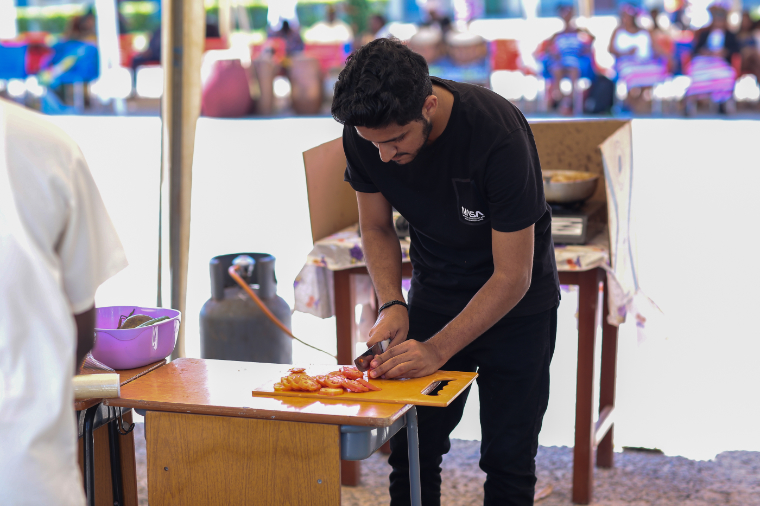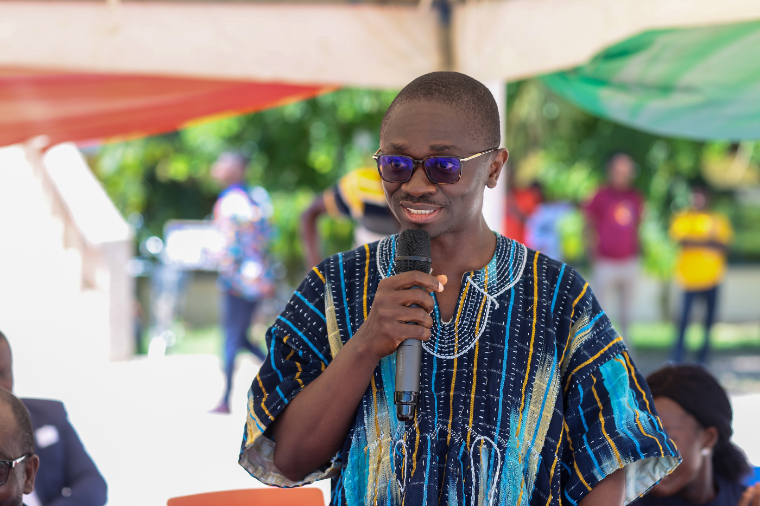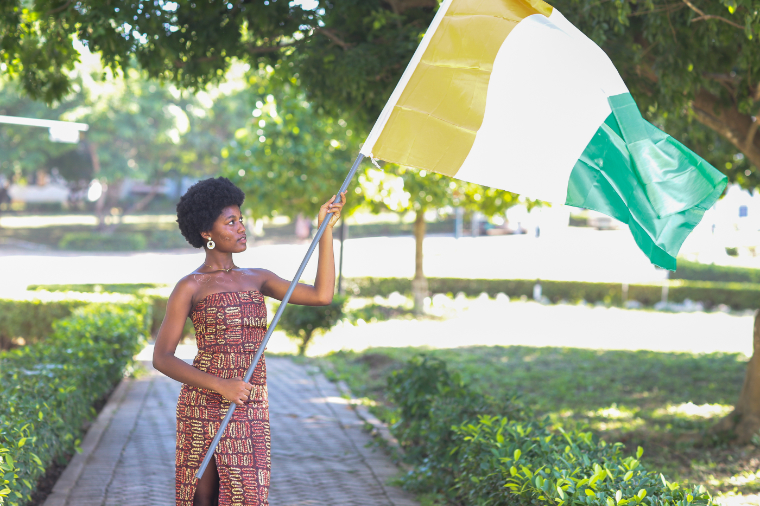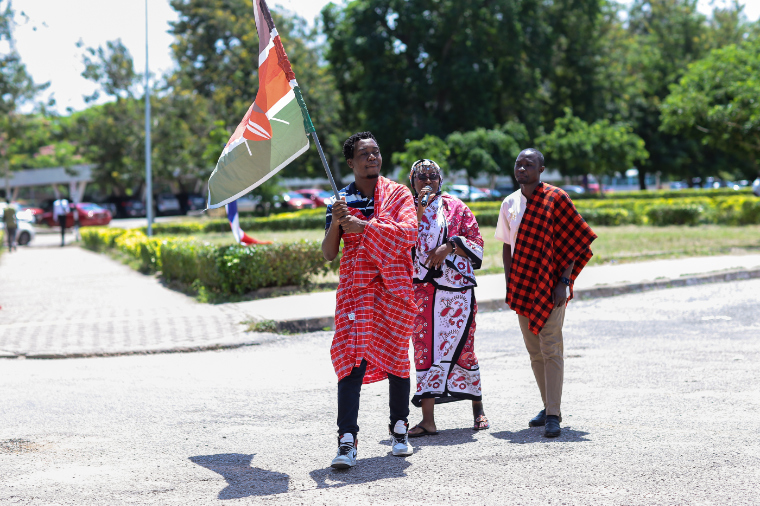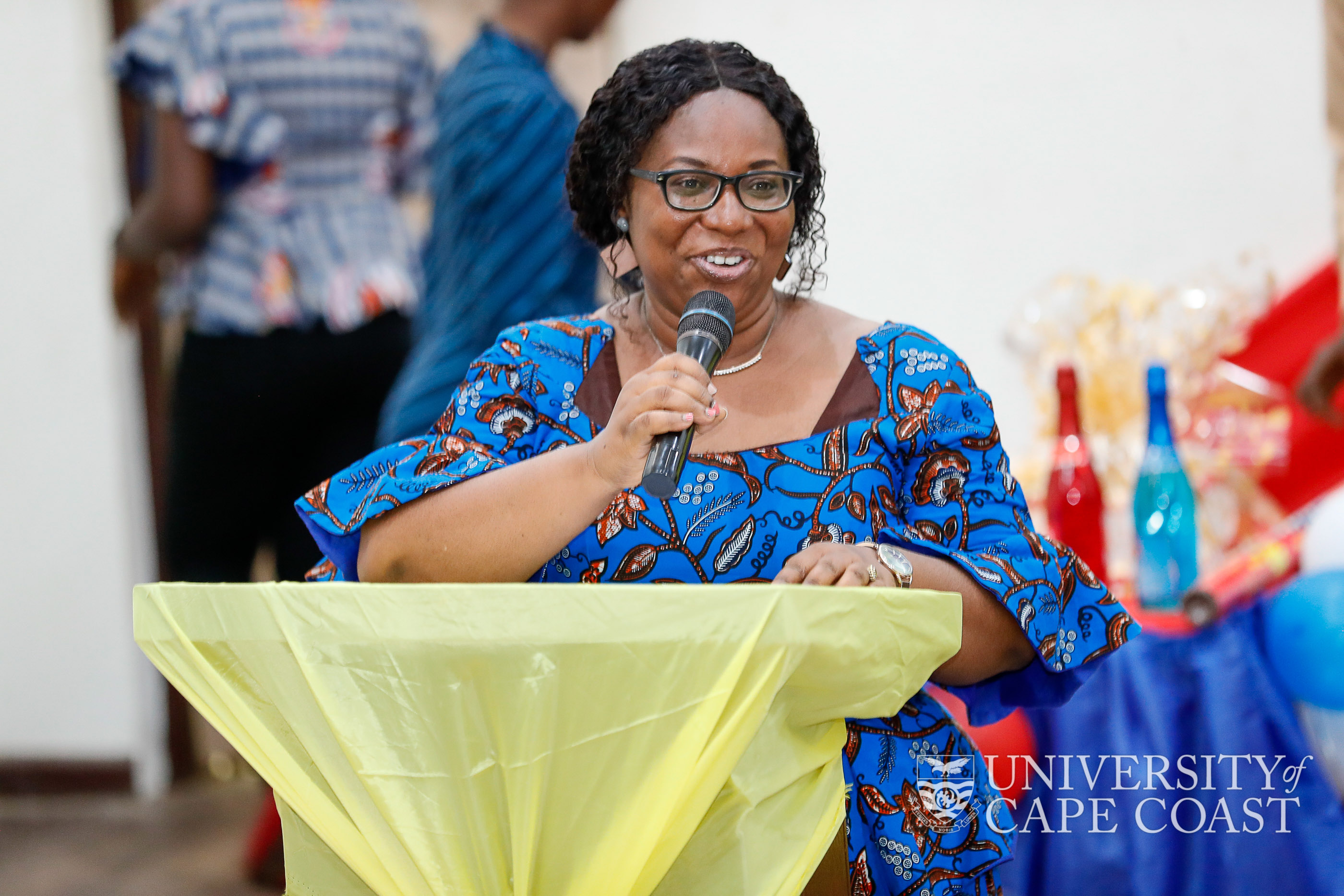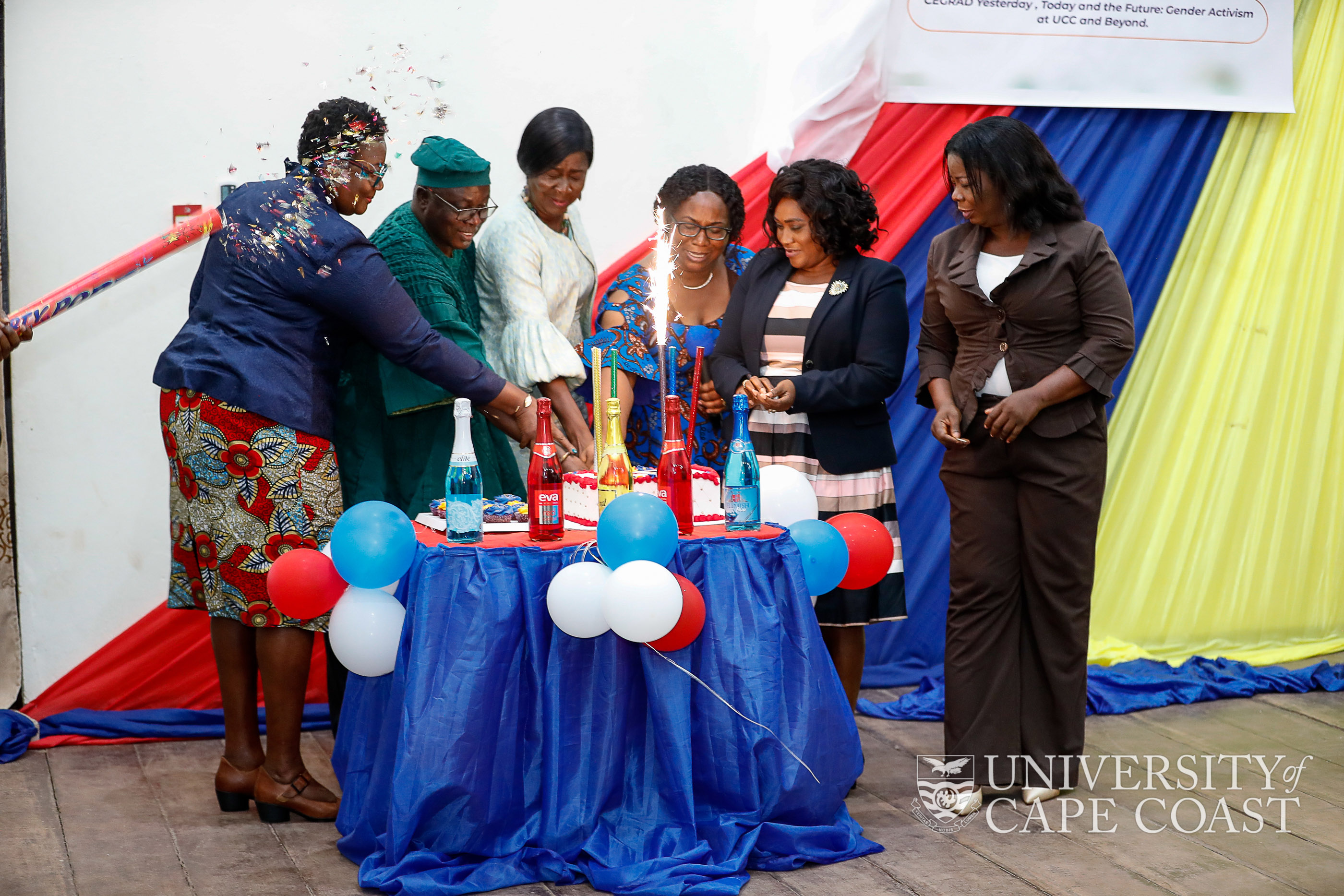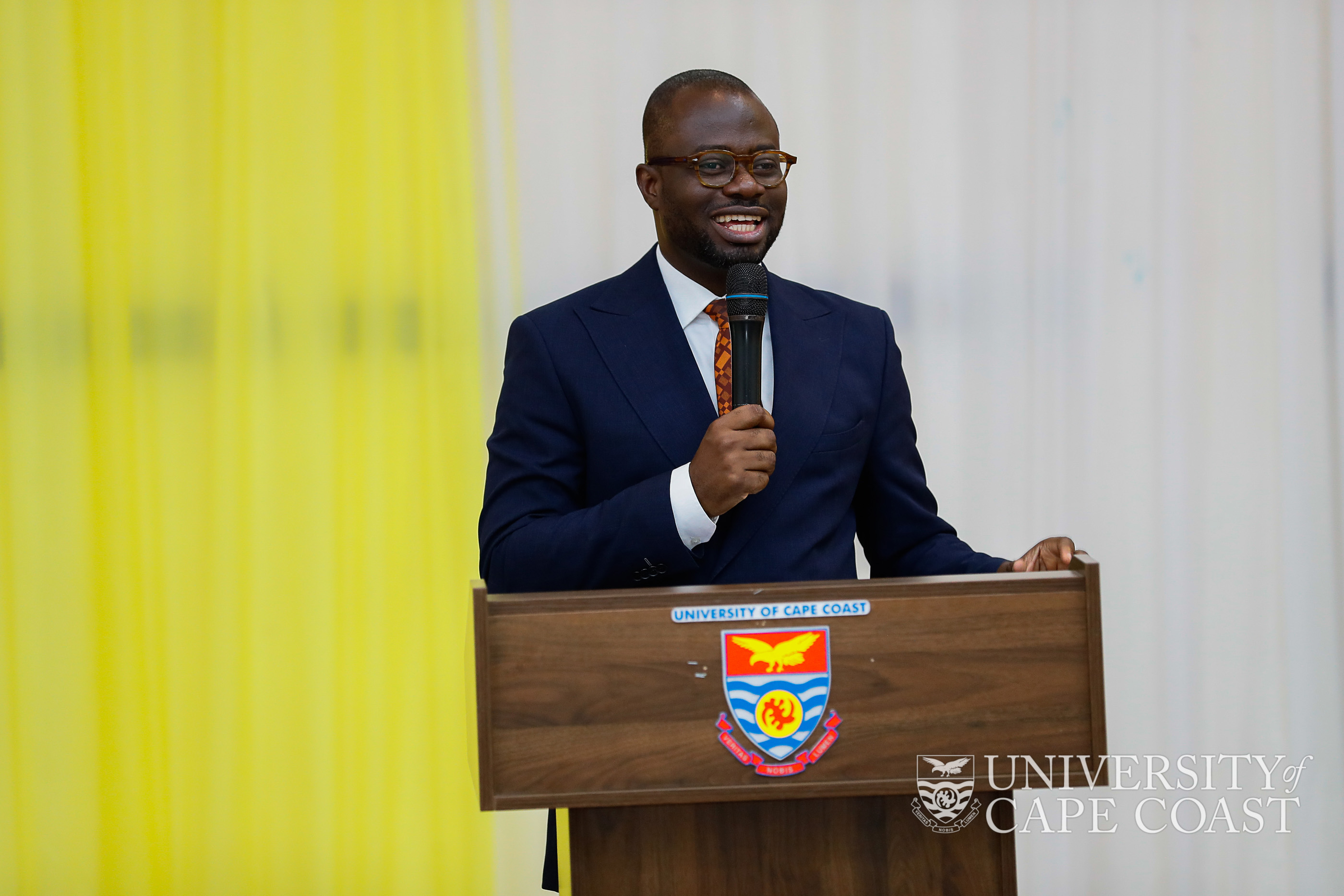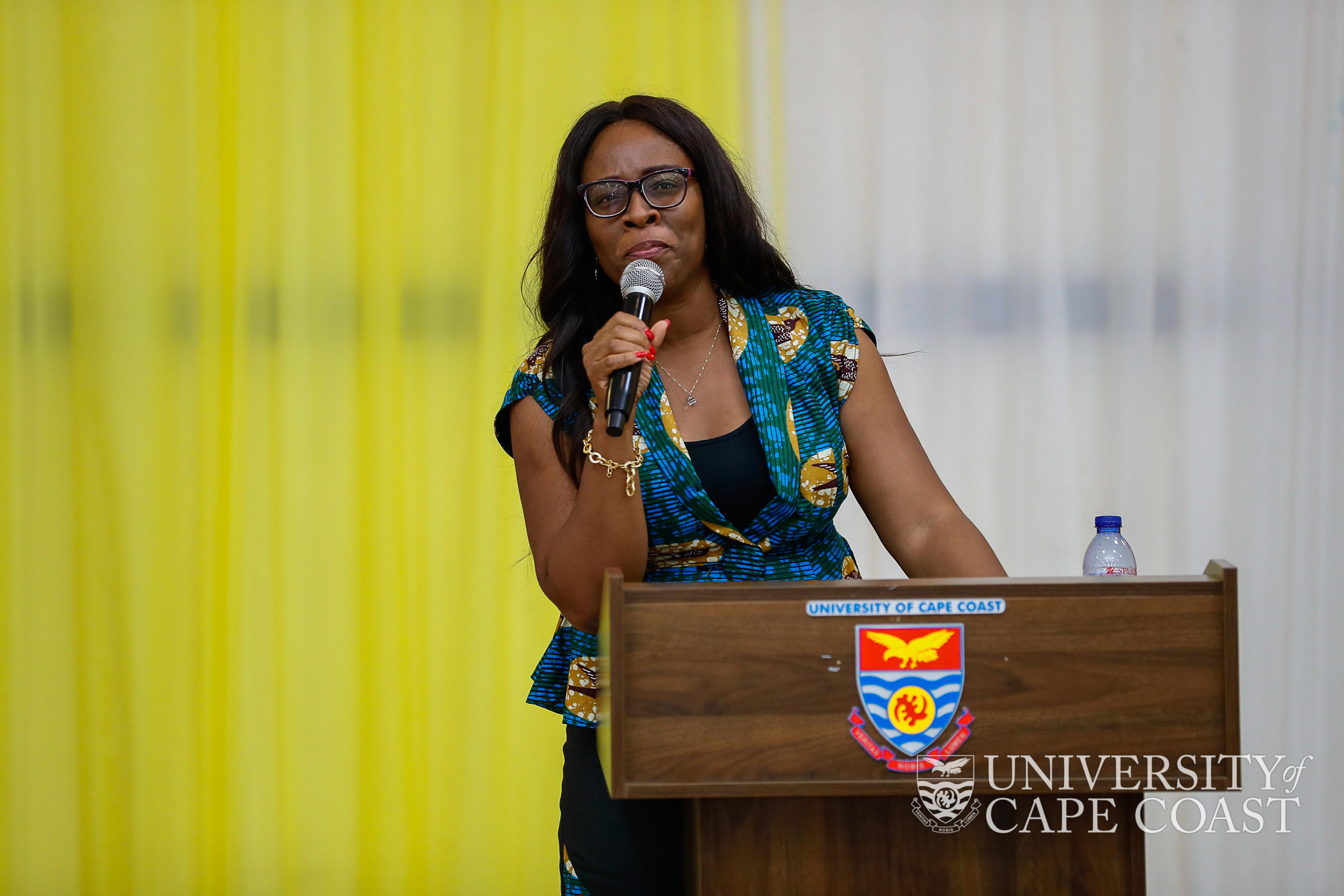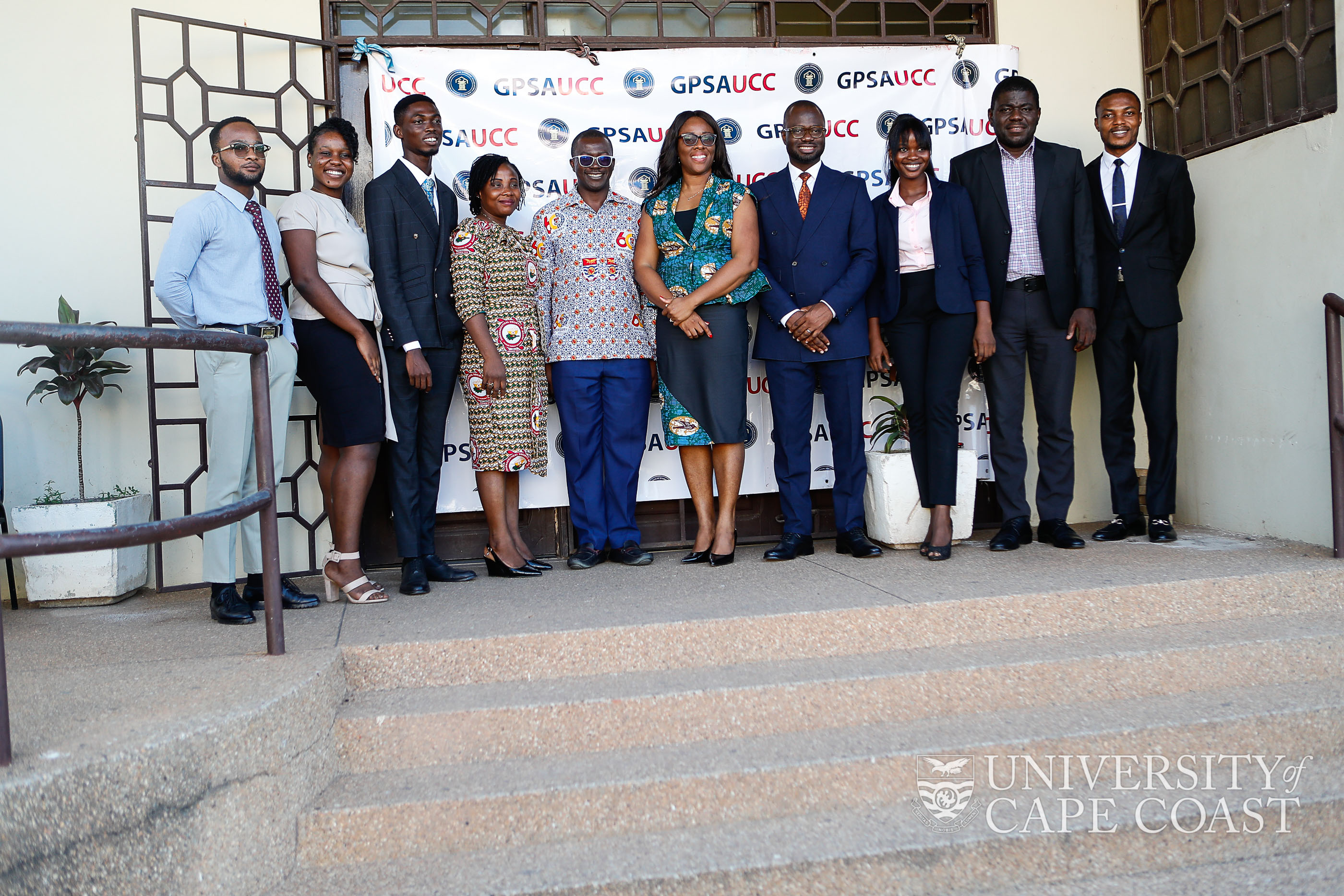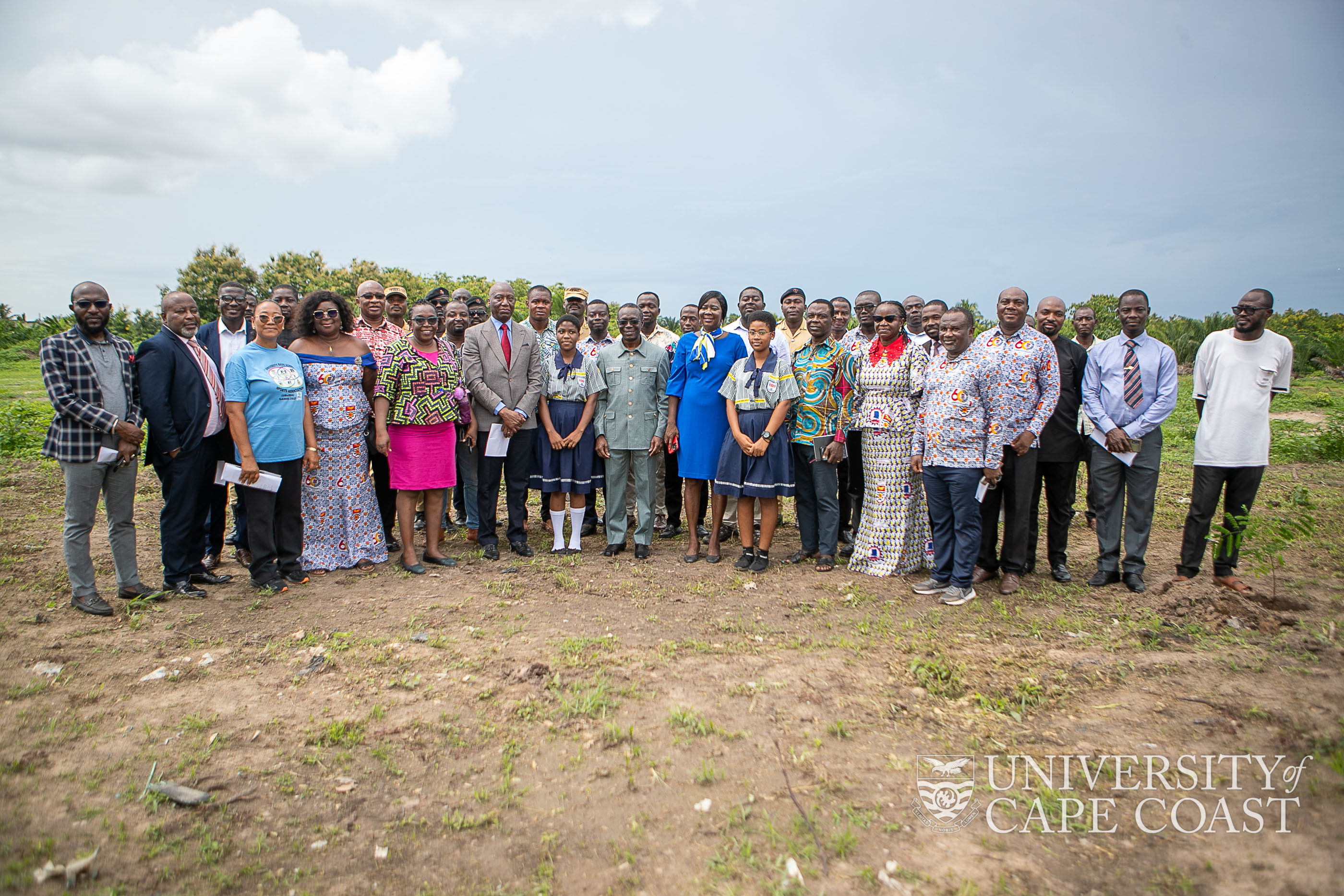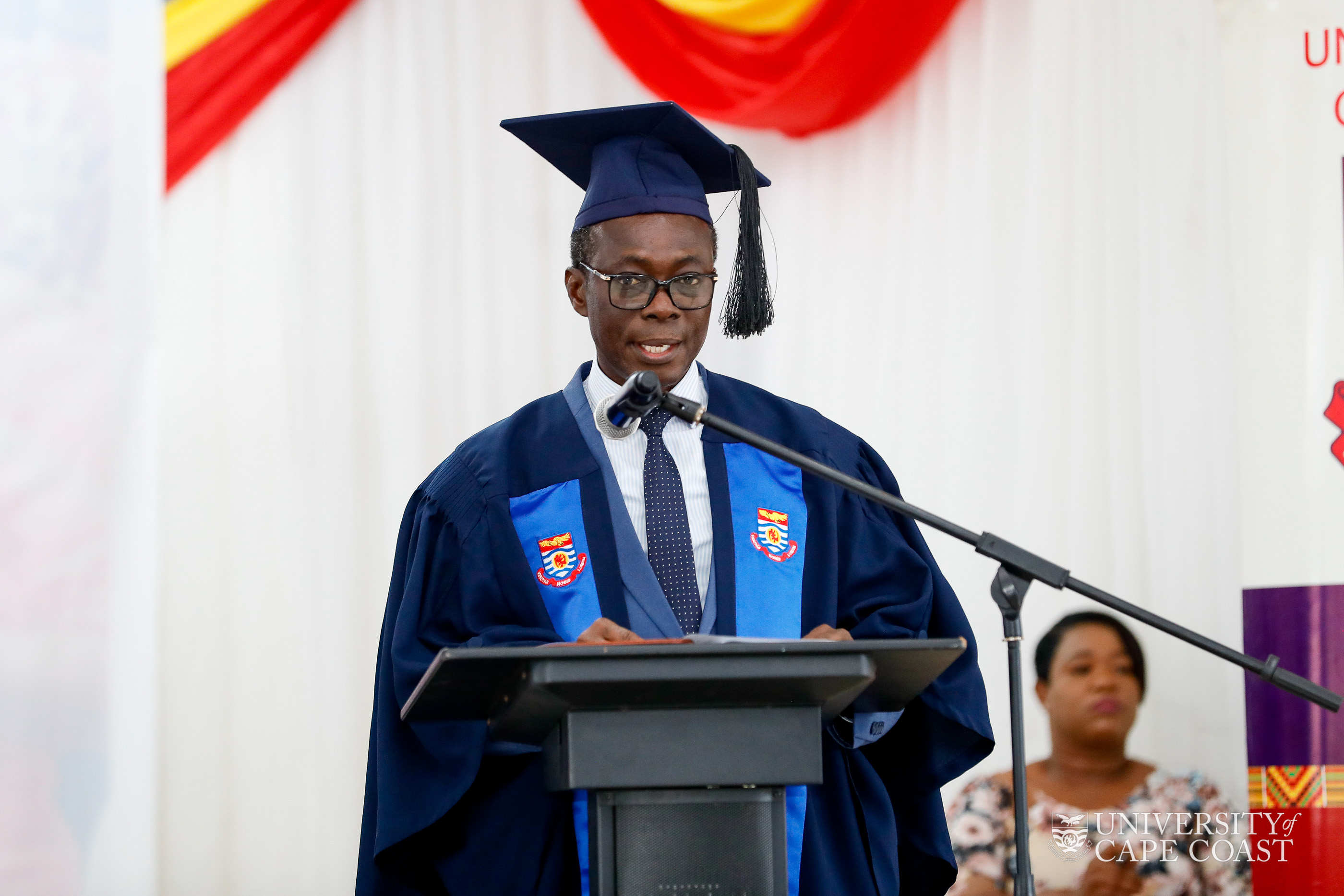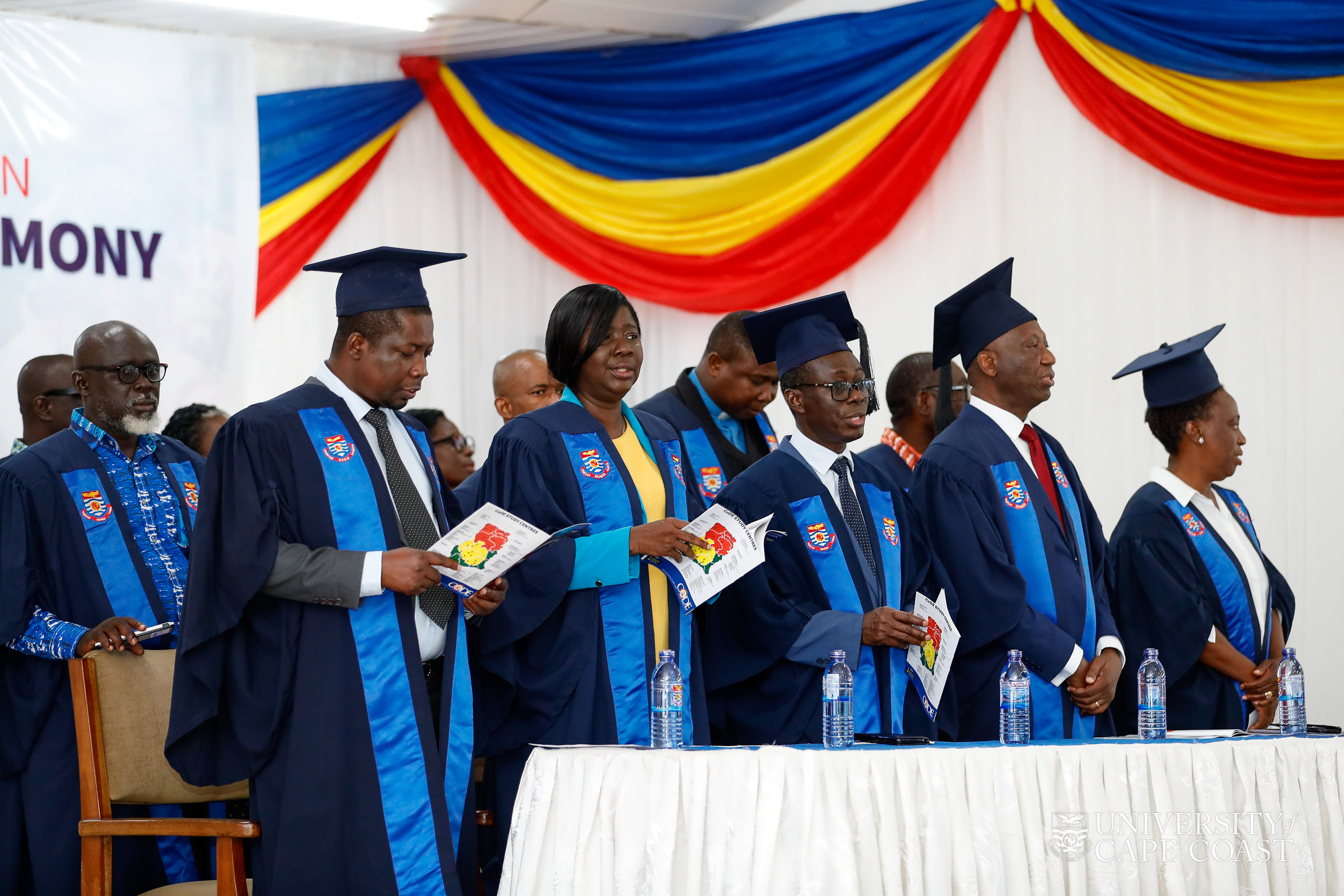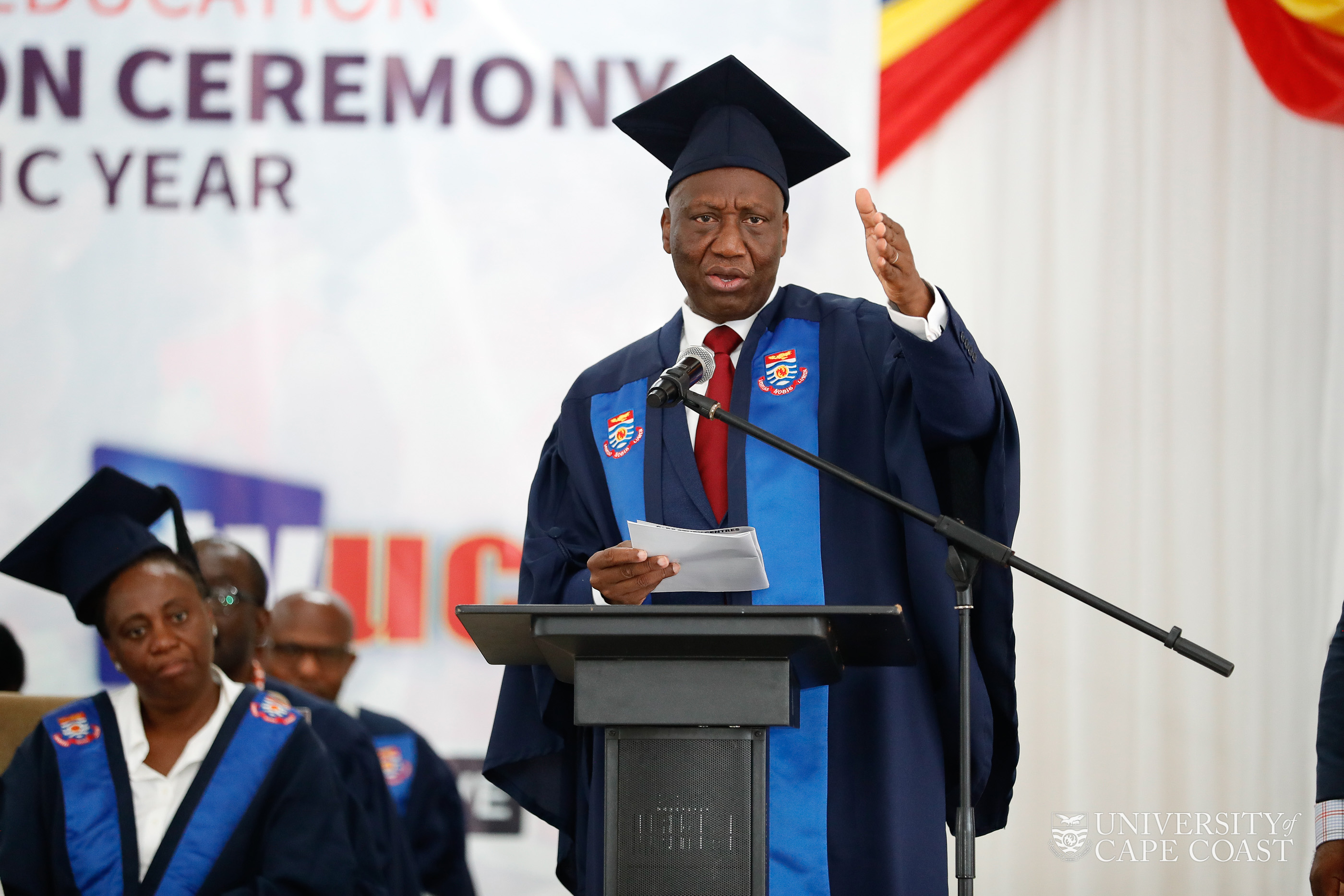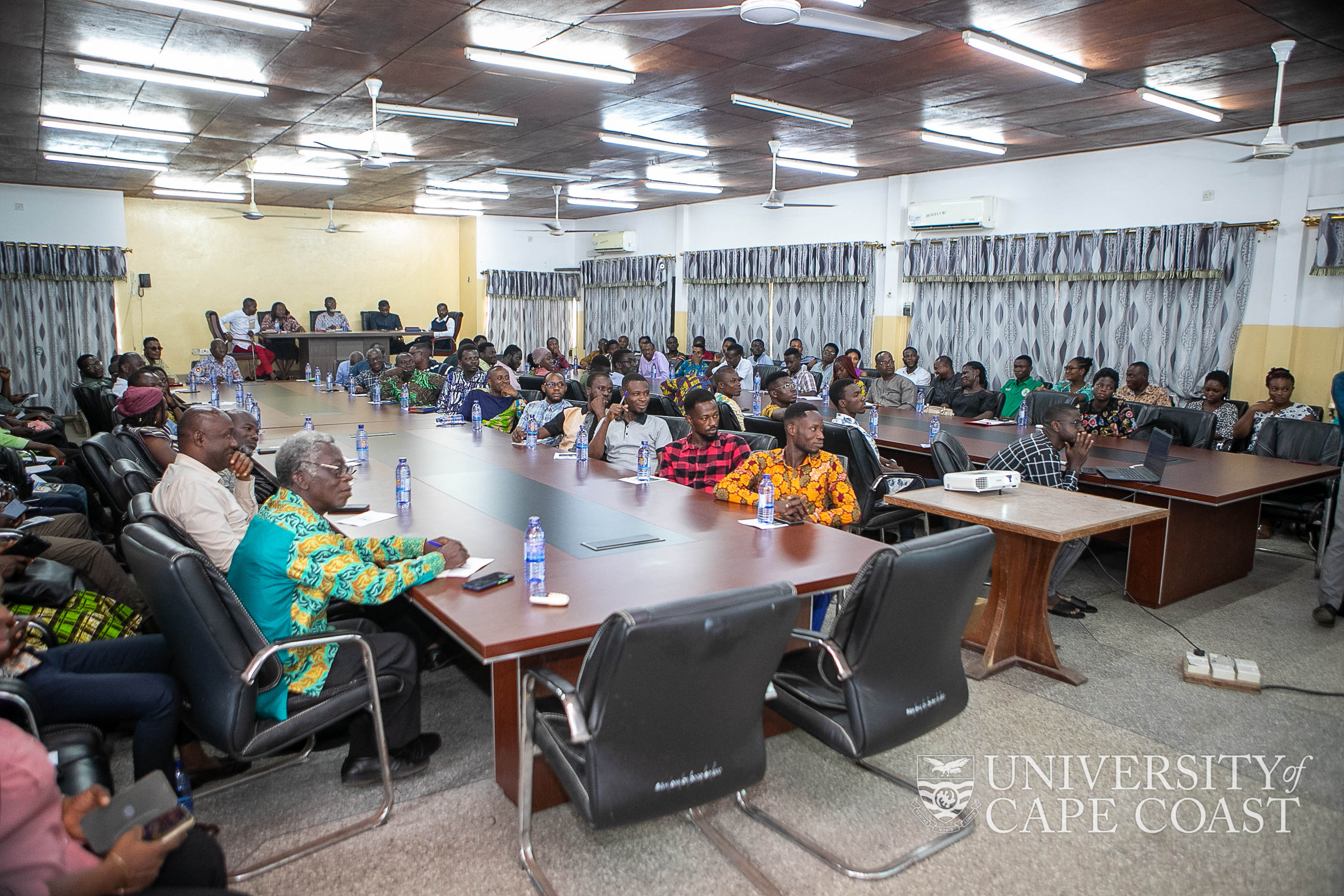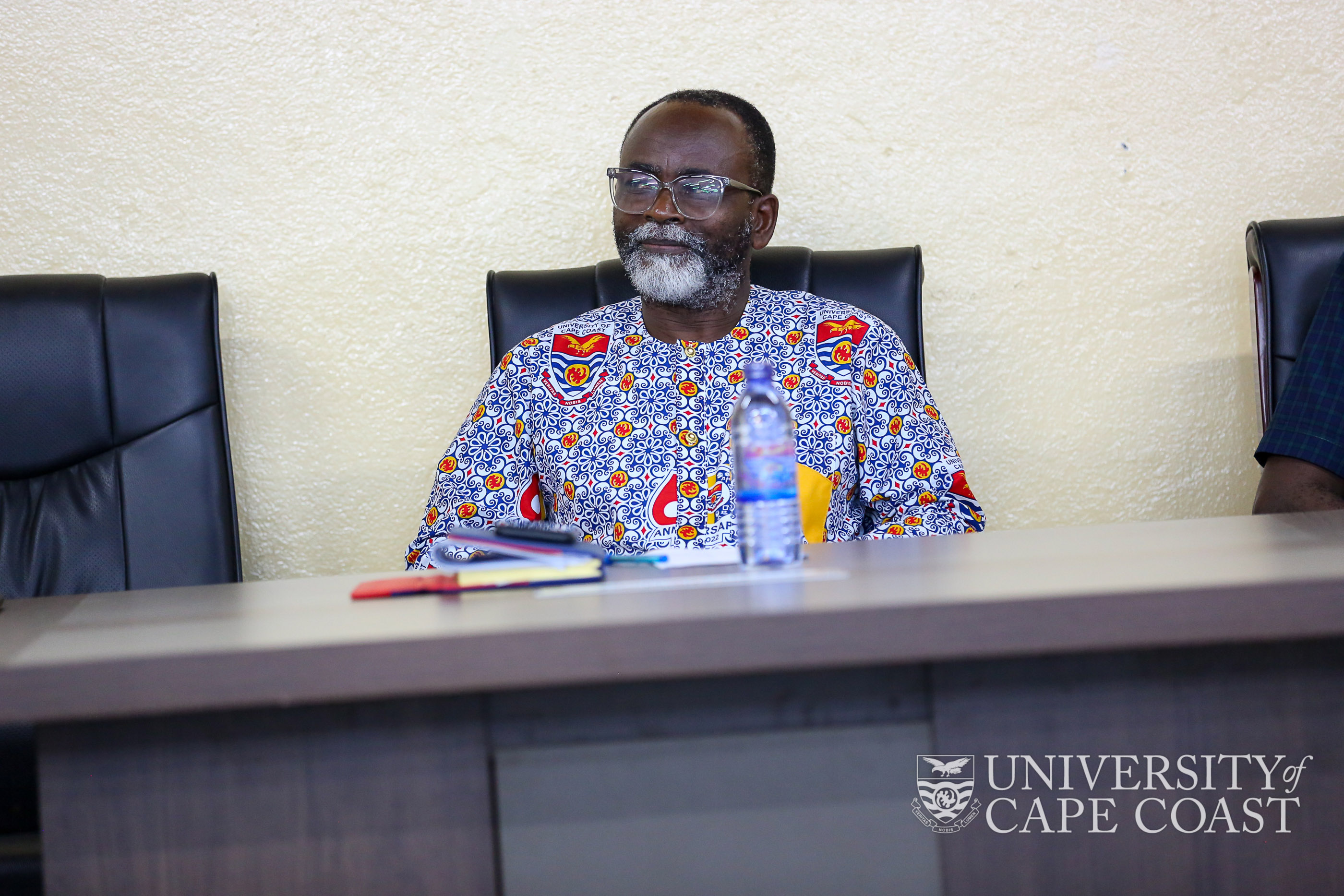A training workshop to build the capacity of participants in Advanced Module Vector Biology and Control in Ghana is underway at the University of Cape Coast (UCC).
The eight - day workshop, which will end on June 27, 2023, is aimed at enhancing the capacities and capabilities of the participants in practical experience of essential techniques, as well as significant theoretical knowledge.
The workshop is being organised jointly by the Department of Conservation Biology and Entomology, UCC, and the Centre for International Health at the Ludwig-Maximilians-Universität (LMU) Munich, Germany.
Topics to be treated include Epidemiology of vector-borne disease with special reference to Ghana; Vector control and challenges; vector behaviour and disease transmission. Others are insecticide resistance and management; molecular techniques used in mosquito control and selected arthropods of medical importance, among others.

Head of the Department of Conservation Biology and Entomology-UCC, Prof. Rofela Combey
Addressing participants during the opening of the workshop, the Head of the Department of Conservation Biology and Entomology-UCC, Prof. Rofela Combey, observed that traditional measures used over the years for vector control had not yielded the desired results.
In view of that, she added, it was important for participants to look into the science of vector control.
Prof. Combey expressed gratitude to Dr. Andreas Adutwum Kudom, the Coordinator for the programme at the Department for his tremendous work.
She further urged participants to take the workshop seriously.
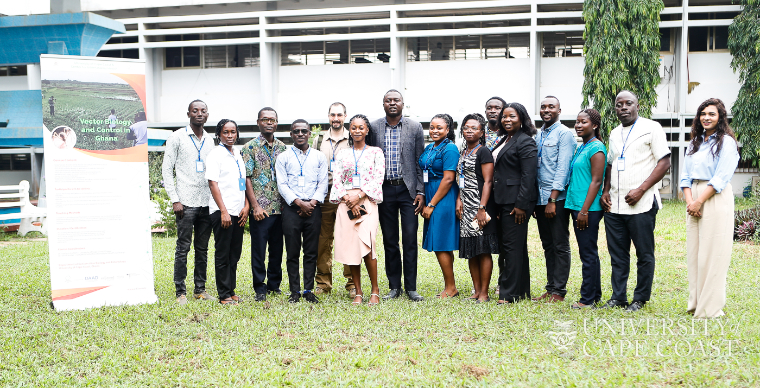
Participants in the workshop
In a short remark, the Course Cordinator at the Centre for International Health at the Ludwig-Maximilians-Universität (LMU) Munich, Germany, Arlett Heiber, said the Centre was ready to equip participants with the requisite knowledge on vector biology and control in Ghana.
At the end of the workshop, participants would be given a certificate of attendance, as well as 3 ECTS credit points.
Source: Documentation and Information Section-UCC



